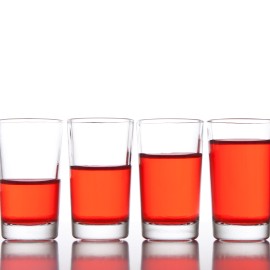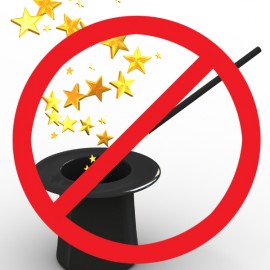Addiction
What is a “Safe” Drinking Level?
Problems with alcohol are better defined in terms of the problems themselves than some arbitrary amount consumed.
Topics: alcohol, loss of control, recognizing addiction, signs and symptoms
The Alcoholic Person’s Friend
We can’t expect to address alcoholism without encountering defenses, since they exist to protect alcoholic drinking. But we have an advantage.
Topics: alcoholism, defense mechanisms, intervention, Introduction to Intervention
Are Humans “Hard-Wired” for Getting High?
I think the continuing popularity of substance use through the ages is because in practical terms, substances work.
Topics: addiction and the brain, hallucinogens, opioids
The Disease Debate
“We’re still stuck at the problem of definition. Until we agree on that, I don’t know how we can resolve it.” And not surprisingly, we didn’t.
Topics: disease, disease model
Why Do Alcoholics Drink?
If you’re happy with your program of recovery, find another therapist who believes in letting the client direct the course of therapy.
Topics: alcoholism, diagnosis, disease, disease model, models of addiction, recognizing addiction, signs and symptoms
Alcoholism in the Hospital
The medical professions have been dealing with alcoholism and alcoholics for thousands of years, and this experience has led to some pretty hard and fast views on the subject.
Topics: alcoholism, detoxification, disease, health care, recognizing addiction, signs and symptoms
Celebrity Addiction
Doesn’t seem to matter much whether fame is rooted in music, film, TV, sports, politics — there’s this sense of unreality to all of it.
Topics: celebrity, enabling and provoking, relapse
Nature or Nurture?
Think of the genetic component as an inherited vulnerability — a predisposition. The more vulnerable you are, the better your chances of becoming an alcoholic.
Topics: alcoholism, disease
Why Addicted People Manipulate
Takes a while to become really good at it, but most do. Addicts are not always great manipulators — that would be somebody so skilled you never realized you were being manipulated — but they’re bold, persistent, and creative when it comes to getting what they want
Topics: counseling skills, resistance manipulation ambivalence

















